Choosing between a gasoline vehicle and an electric vehicle can be confusing, especially with so much information available. This article will help you understand the key differences between gasoline and electric vehicles, including how they work, costs, performance, and the corresponding incentives and regulation
What Are Gasoline Cars and How Do They Work?
Gasoline cars have been the mainstay of the automotive industry for over a century. They operate using an internal combustion engine (ICE) that burns gasoline to generate power. Here’s a brief overview of how they work:
-
Internal Combustion Engine: Gasoline engines work by mixing fuel with air, compressing the mixture, and igniting it with a spark plug. This combustion process creates energy that drives the car’s wheels.
-
Fuel System: Gasoline is stored in a tank and delivered to the engine via a fuel pump. The fuel injectors spray gasoline into the combustion chambers where it is mixed with air.
-
Exhaust System: After combustion, the exhaust gases are expelled through the exhaust system, which includes a catalytic converter to reduce harmful emissions.
Gasoline cars are known for their widespread availability, established refueling infrastructure, and typically lower upfront costs compared to electric vehicles.

What Are Electric Cars and How Do They Work?
Electric cars, or EVs, are powered by electric motors instead of internal combustion engines. Here’s how they operate:
-
Electric Motor: Electric cars use one or more electric motors powered by electricity stored in a battery pack. These motors convert electrical energy into mechanical energy to drive the wheels.
-
Battery Pack: The battery pack, usually made of lithium-ion cells, stores the electrical energy needed to power the motor. It can be recharged by plugging the car into an electric power source.
-
Charging System: Electric cars can be charged at home using a standard outlet or a dedicated home EV charger. Public charging stations, including fast chargers, are also available for quicker recharging.
Electric cars offer several advantages, including lower operating costs, zero tailpipe emissions, and a smoother, quieter driving experience.

Gasoline Cars vs. Electric Cars: Cost Comparison
When it comes to costs, both gasoline and electric cars have their unique considerations. Here's a breakdown to help you understand the financial aspects of each:
Purchase Price
Traditionally, gasoline cars have had a lower upfront purchase price compared to electric cars. However, the gap is narrowing as electric vehicle (EV) technology advances and production scales up. More affordable electric models are becoming available, making EVs accessible to a broader audience. Additionally, various government incentives and tax credits for electric cars can significantly reduce the effective purchase price, making them more competitive with gasoline vehicles.
Fuel and Maintenance Costs
One of the most significant advantages of electric cars is their lower operating costs:
-
Fuel Costs: Electricity is generally cheaper than gasoline. Charging an electric car costs less per mile compared to refueling a gasoline car. For example, the cost of driving an electric car is often a fraction of the cost of driving a gasoline car at the same distance.
-
Maintenance Costs: Electric cars have fewer moving parts than gasoline cars, which translates to lower maintenance costs. There's no need for oil changes, and the brakes last longer due to regenerative braking. Electric motors and batteries also require less frequent servicing compared to internal combustion engines.
Long-Term Ownership Costs
Over the long term, electric cars can be more cost-effective due to the savings on fuel and maintenance. Here's why:
-
Lower Running Costs: As mentioned, the cost of electricity is lower than gasoline, and maintenance requirements are minimal.
-
Resale Value: As the market for electric vehicles grows and technology improves, the resale value of EVs is becoming more favorable.
-
Incentives and Tax Credits: Many governments offer financial incentives for electric car buyers, including federal tax credits, state rebates, and local grants. These incentives can substantially lower the overall cost of ownership.
Overall, while the initial purchase price of an electric car might still be higher than that of a gasoline car, the long-term savings on fuel and maintenance, combined with government incentives, make electric cars a financially sound choice for many consumers.
Gasoline Cars vs. Electric Cars: Performance Comparison
When evaluating the performance of gasoline cars versus electric cars, several critical aspects come into play. Let's delve into how these two types of vehicles compare in terms of driving experience, acceleration, speed, range, and refueling or recharging time.
Driving Experience
Electric cars provide a unique driving experience. The absence of an internal combustion engine means no engine noise, offering a quieter ride. The instant torque from electric motors results in smooth and immediate acceleration, making city driving and stop-and-go traffic particularly pleasant.
On the other hand, gasoline cars have a familiar feel, complete with the sound and vibrations of an engine. This traditional experience can be appealing to many drivers, especially those who enjoy the sensory feedback of driving.
Acceleration and Speed
Electric vehicles are renowned for their rapid acceleration. Instant torque delivery allows EVs to go from 0 to 60 mph in just a few seconds, offering a thrilling ride. For example, many electric models outpace their gasoline counterparts off the line.
Gasoline cars, while generally slower off the mark, can still deliver impressive acceleration, particularly in high-performance models. They often achieve higher top speeds, especially in sports and supercars designed for maximum velocity.
Range and Refueling/Recharging Time
When it comes to range, gasoline cars still hold an advantage. A full tank of gas often provides over 300 miles of driving, and refueling takes only a few minutes at any gas station. This convenience is hard to beat for long road trips.
Electric cars are catching up in range, with many modern models offering over 200 miles on a single charge. However, recharging can take longer than refueling. A standard home charger might take several hours to fully charge an EV, while a dedicated Level 2 charger can cut this time significantly. Public DC Fast Chargers can provide an 80% charge in about 30 minutes, though availability and compatibility vary.
In conclusion, electric cars offer a quieter, smoother driving experience with rapid acceleration, while gasoline cars excel in range and quick refueling. Each has its own set of advantages, and the best choice depends on your driving habits and preferences.
What Are the Incentives and Regulations for Gasoline and Electric Cars?
Governments worldwide are increasingly promoting electric vehicles (EVs) through various incentives. These financial incentives can significantly lower the overall cost of owning an EV. For instance, in the United States, federal tax credits of up to $7,500 are available for new EV purchases. Additionally, many states and municipalities offer cash rebates ranging from a few hundred to several thousand dollars for buying or leasing electric cars. Grants and subsidies may also be available for installing home EV chargers.
Emission regulations are becoming stricter, driving automakers to produce cleaner and more efficient vehicles. Electric cars, which produce zero tailpipe emissions, fit well within these evolving standards. Key regulatory measures include:
-
Low Emission Zones (LEZs): Many cities restrict high-emission vehicles or charge additional fees in these zones, while electric cars are usually exempt.
-
Future Bans on Gasoline Cars: Several countries plan to phase out the sale of new gasoline and diesel cars by 2030 to 2040 to reduce carbon emissions.
In addition to financial incentives and regulatory benefits, EV owners often enjoy other perks that make electric vehicle ownership more attractive. These include:
-
Reduced Registration Fees: Lower fees for registering electric vehicles in certain regions.
-
Access to Carpool Lanes: EVs can use high-occupancy vehicle (HOV) lanes even with a single occupant, reducing commute times.
-
Free or Discounted Parking: Some areas offer free or reduced parking rates for electric vehicles.
Electric vehicles not only help reduce your carbon footprint but also come with numerous financial and regulatory benefits, making them an increasingly attractive option.
Conclusion
Choosing between gasoline and electric cars involves considering various factors like cost, performance, and environmental impact. Electric cars offer numerous benefits, such as lower running costs, reduced emissions, and a quieter, more engaging driving experience. If you're looking towards the future and considering an electric vehicle, it's a smart move both financially and environmentally.
To get the most out of your electric vehicle, having a reliable home EV charger is essential. For top-quality options, check out the range of products from Autel. Their smart EV chargers are designed to make home charging efficient and convenient, ensuring your electric car is always ready to go. By investing in the right equipment, you can fully enjoy the benefits of electric car ownership.
Related reading: Why Are Electric Cars Better Than Gas Cars?

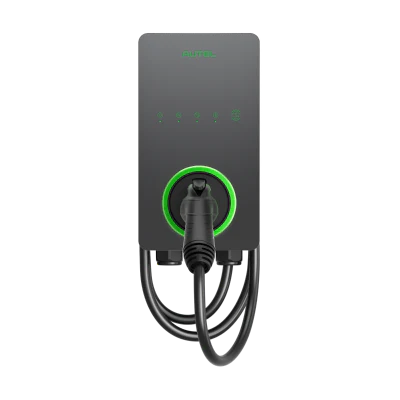
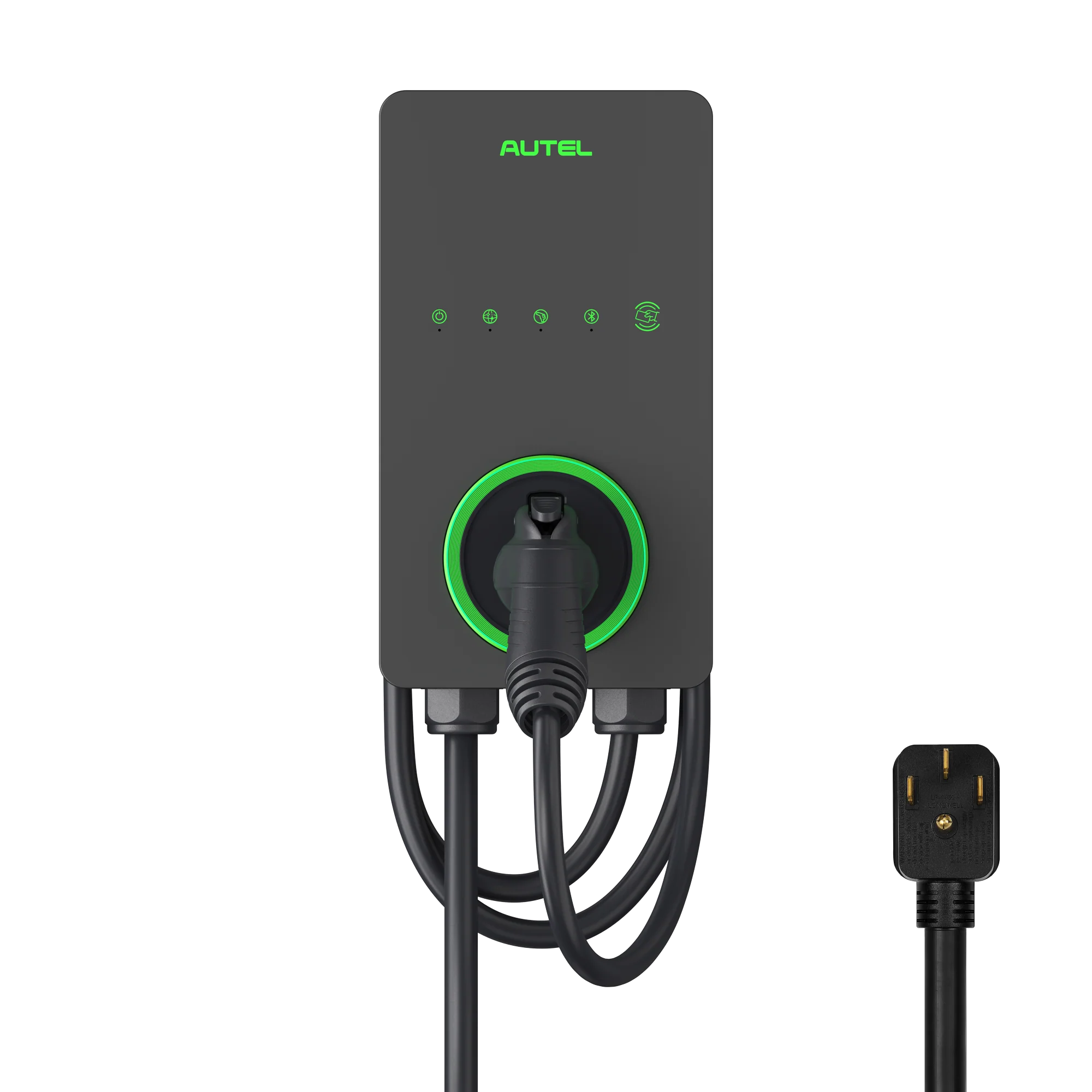
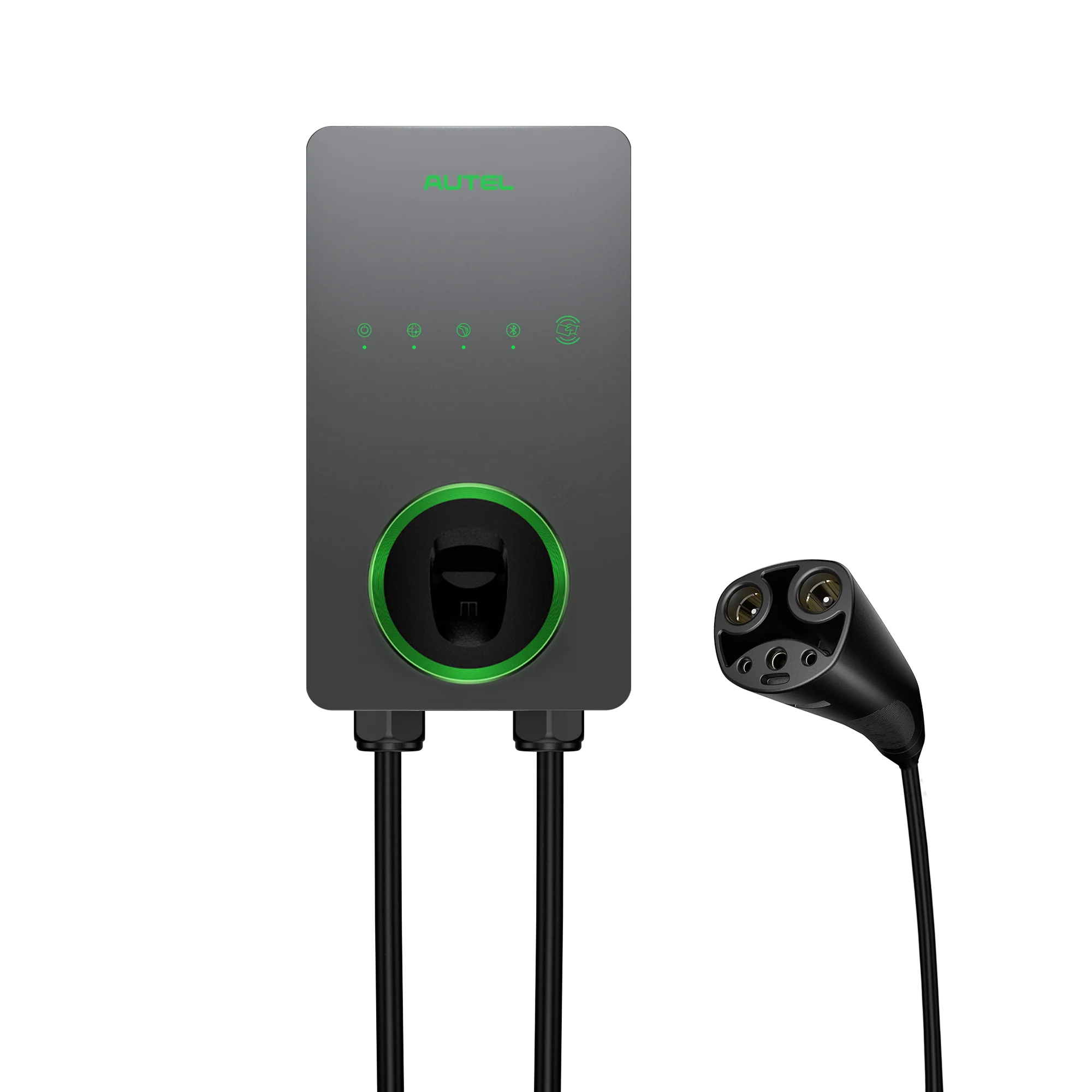
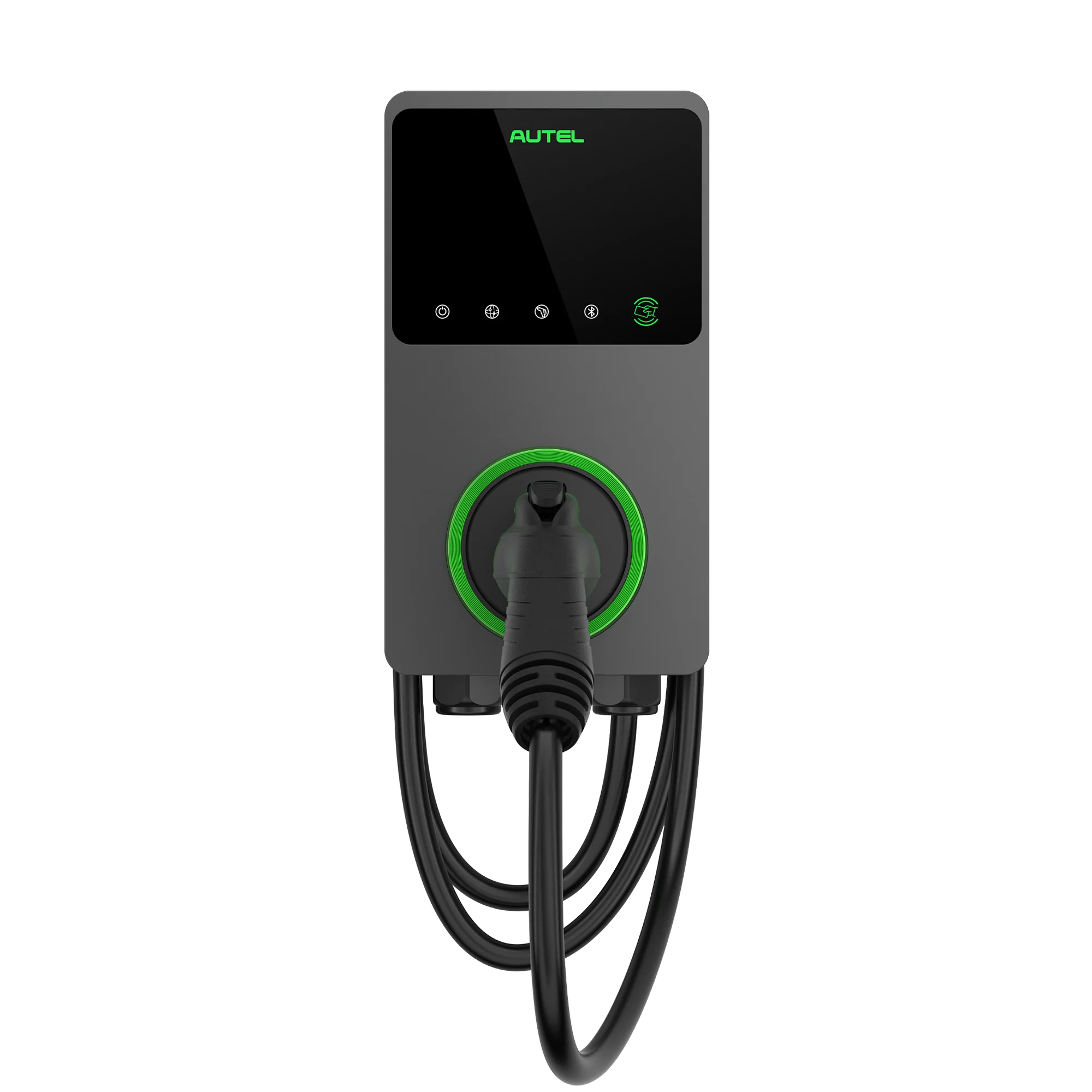
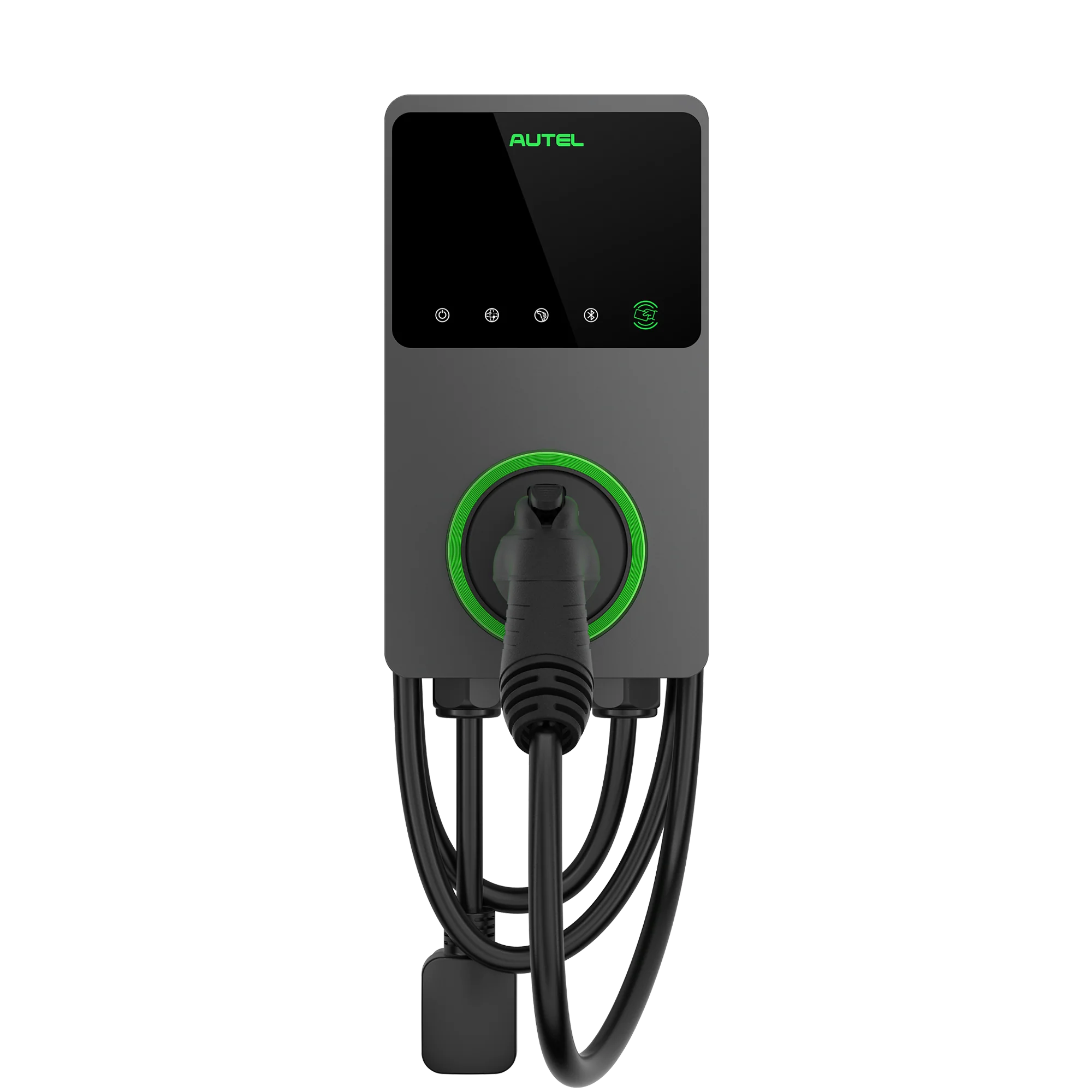

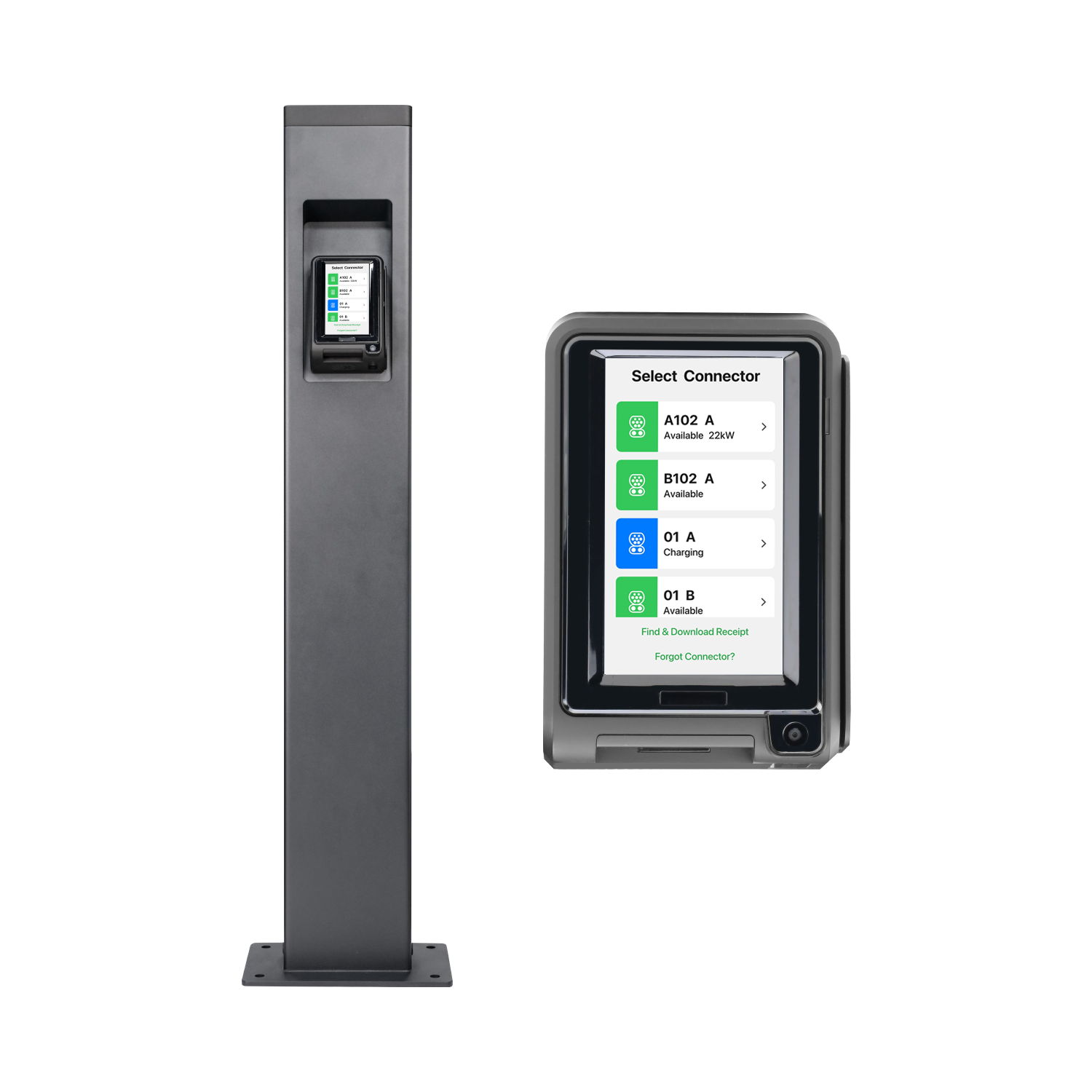


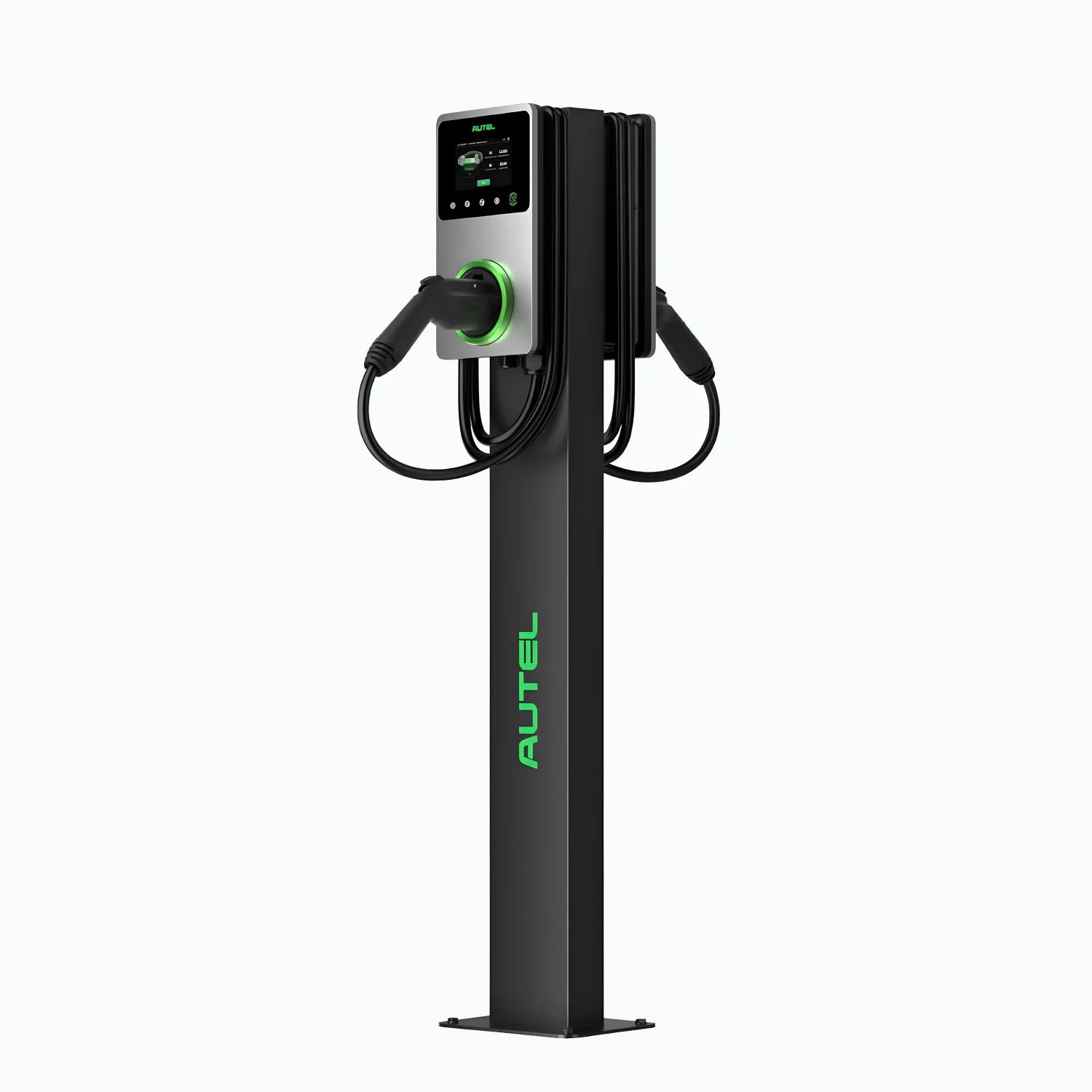


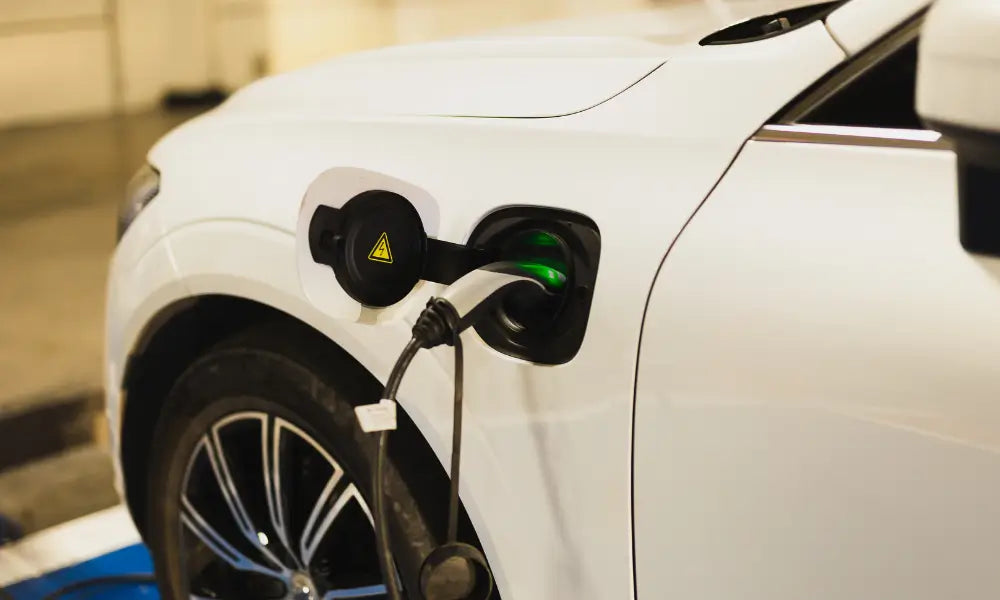
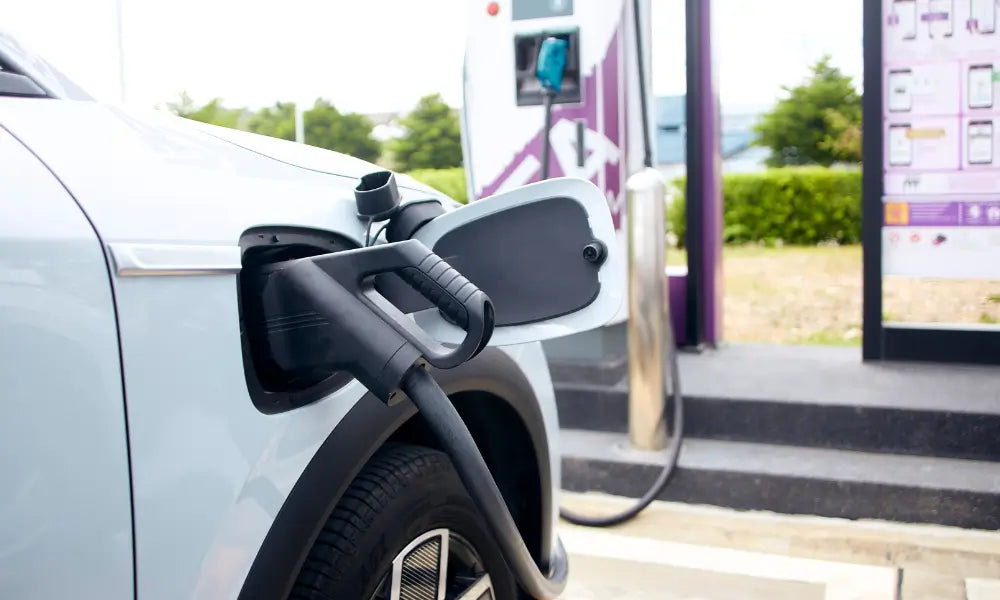
Dejar un comentario
Todos los comentarios se revisan antes de su publicación.
Este sitio está protegido por hCaptcha y se aplican la Política de privacidad de hCaptcha y los Términos del servicio.